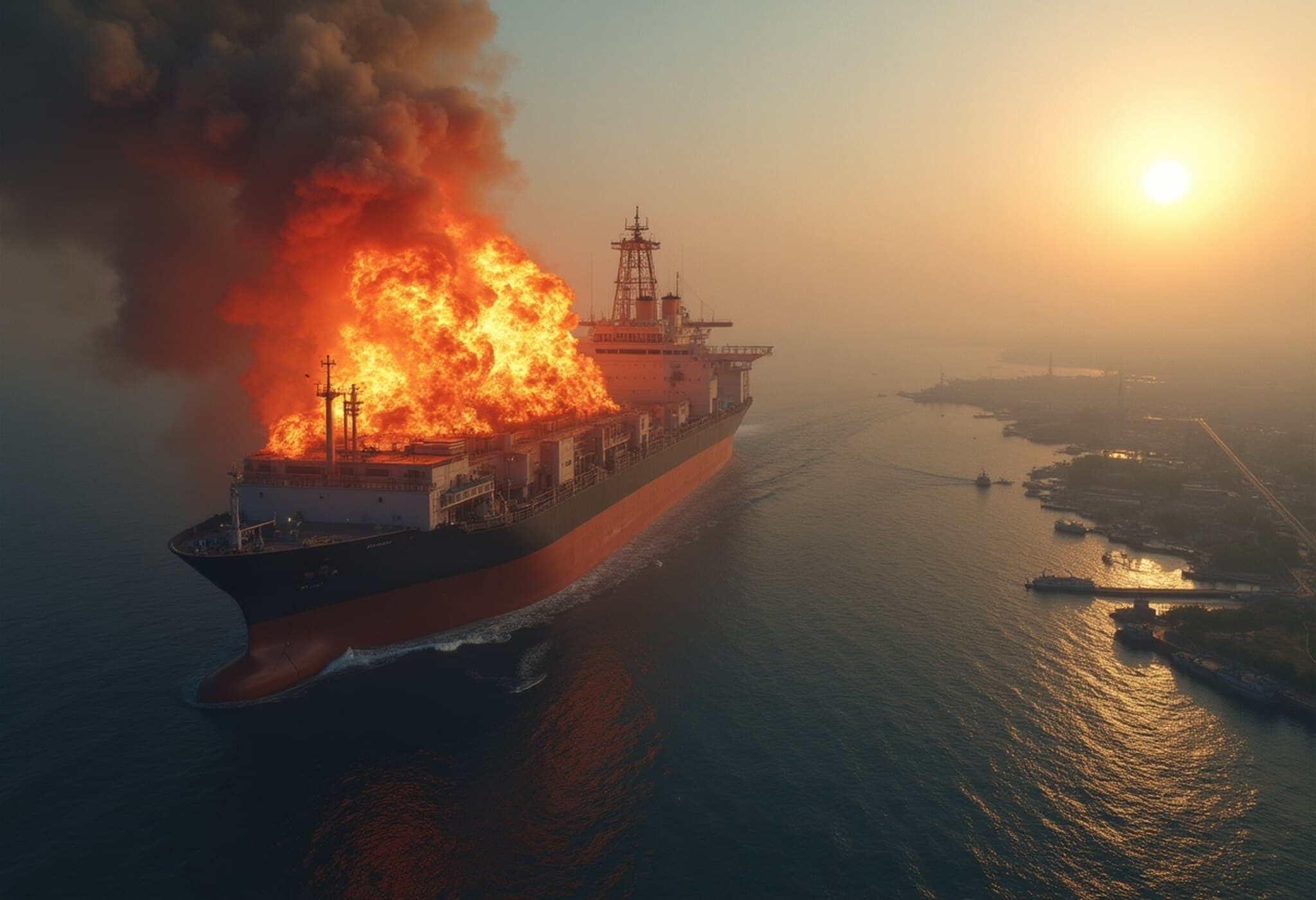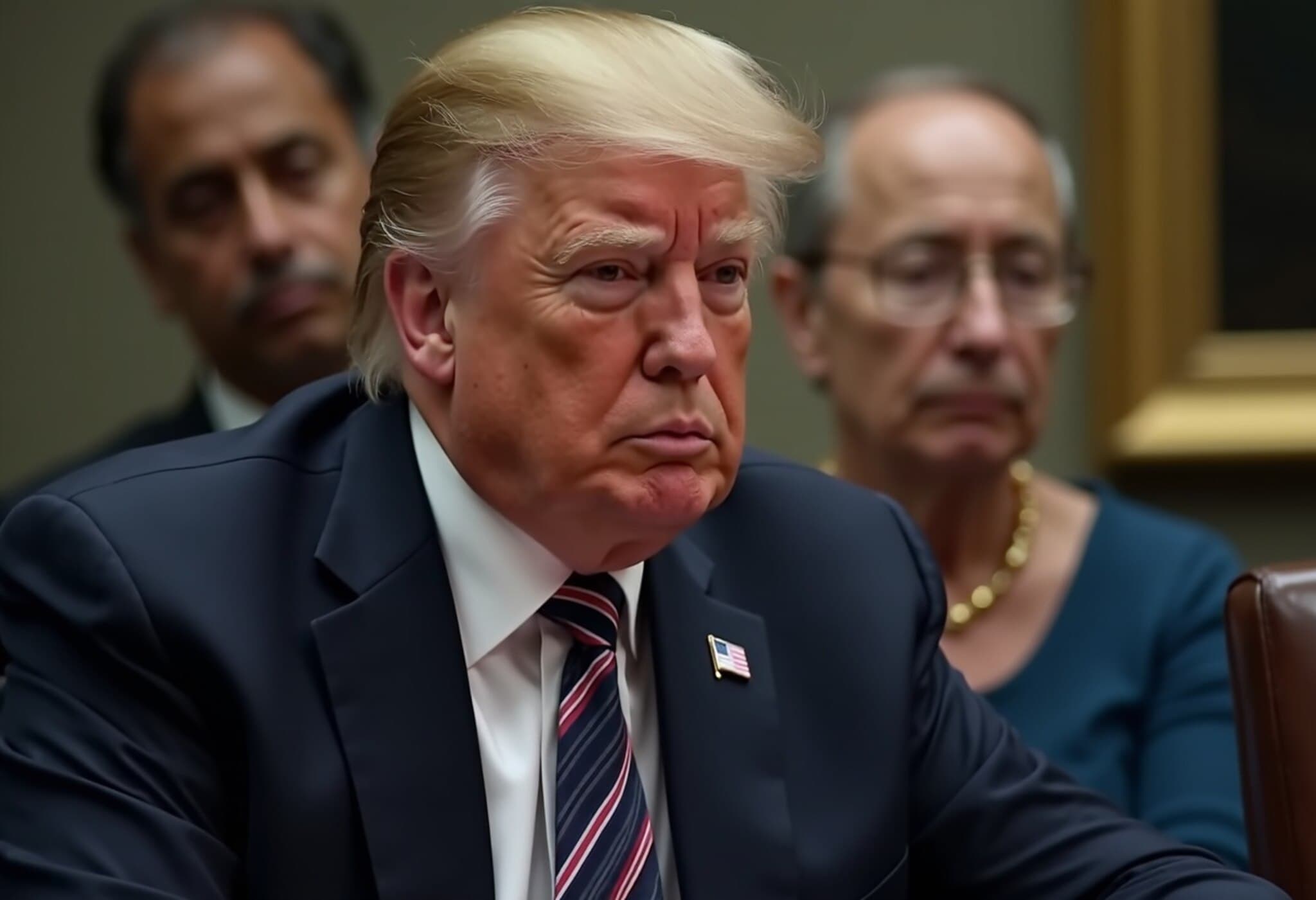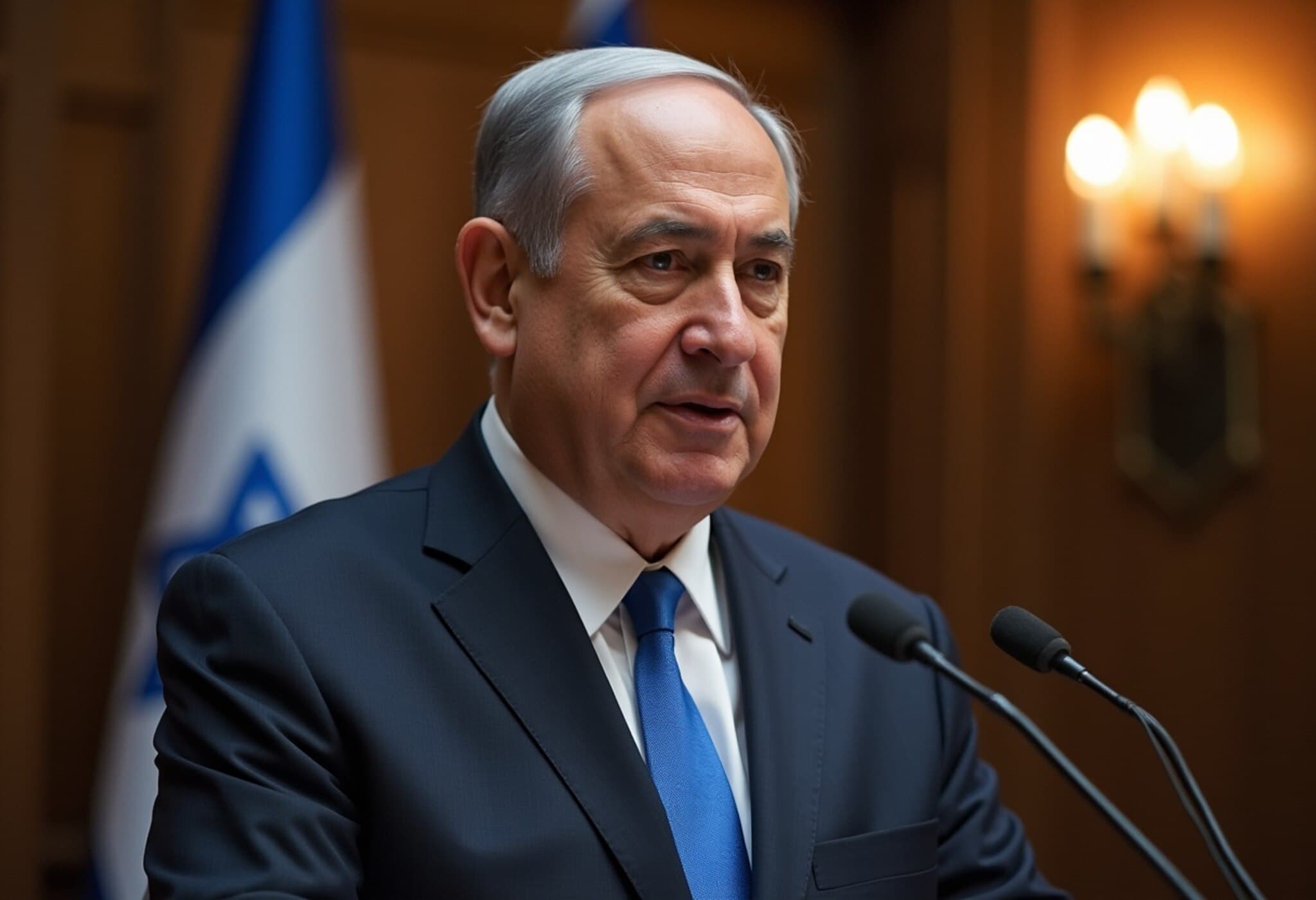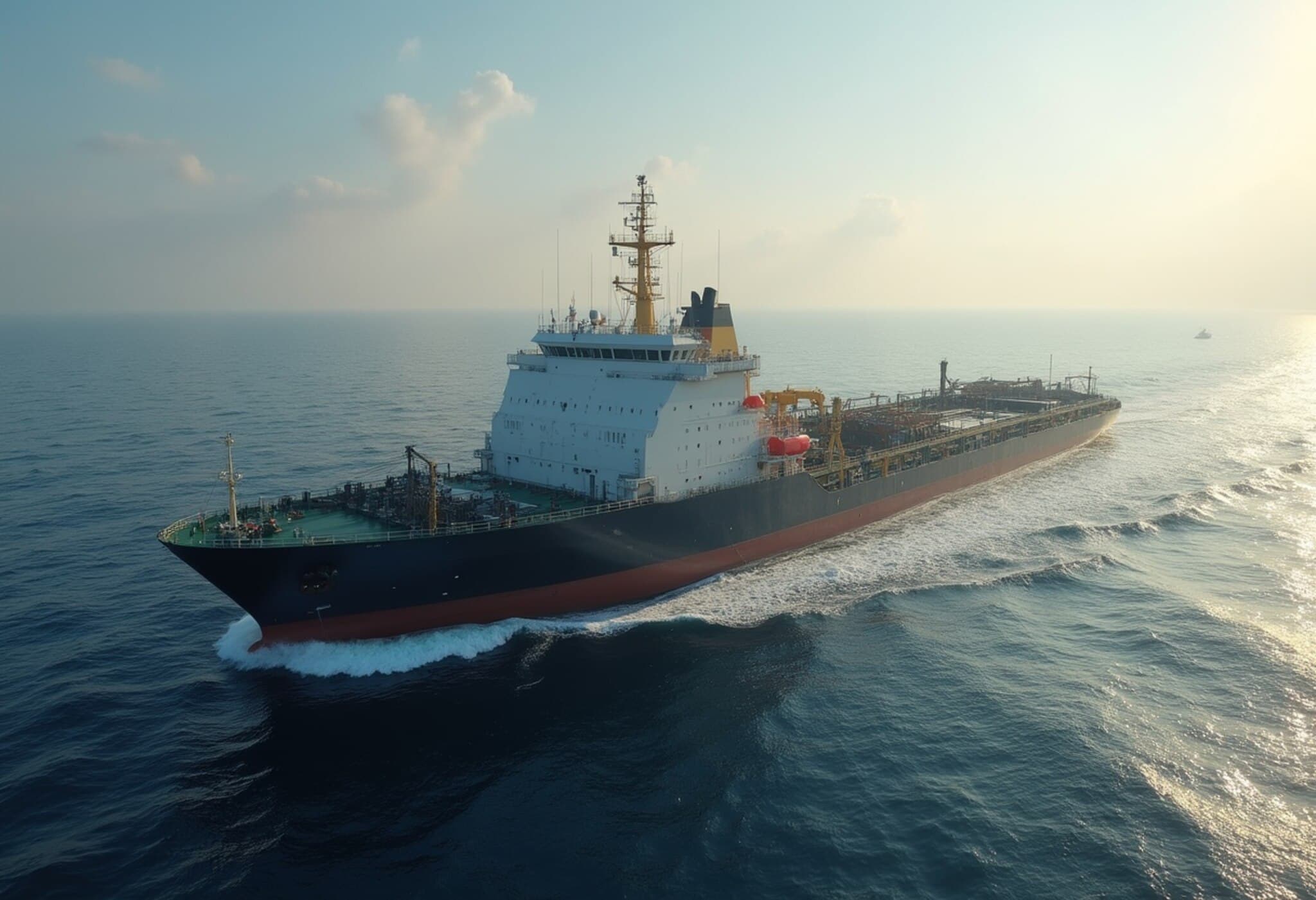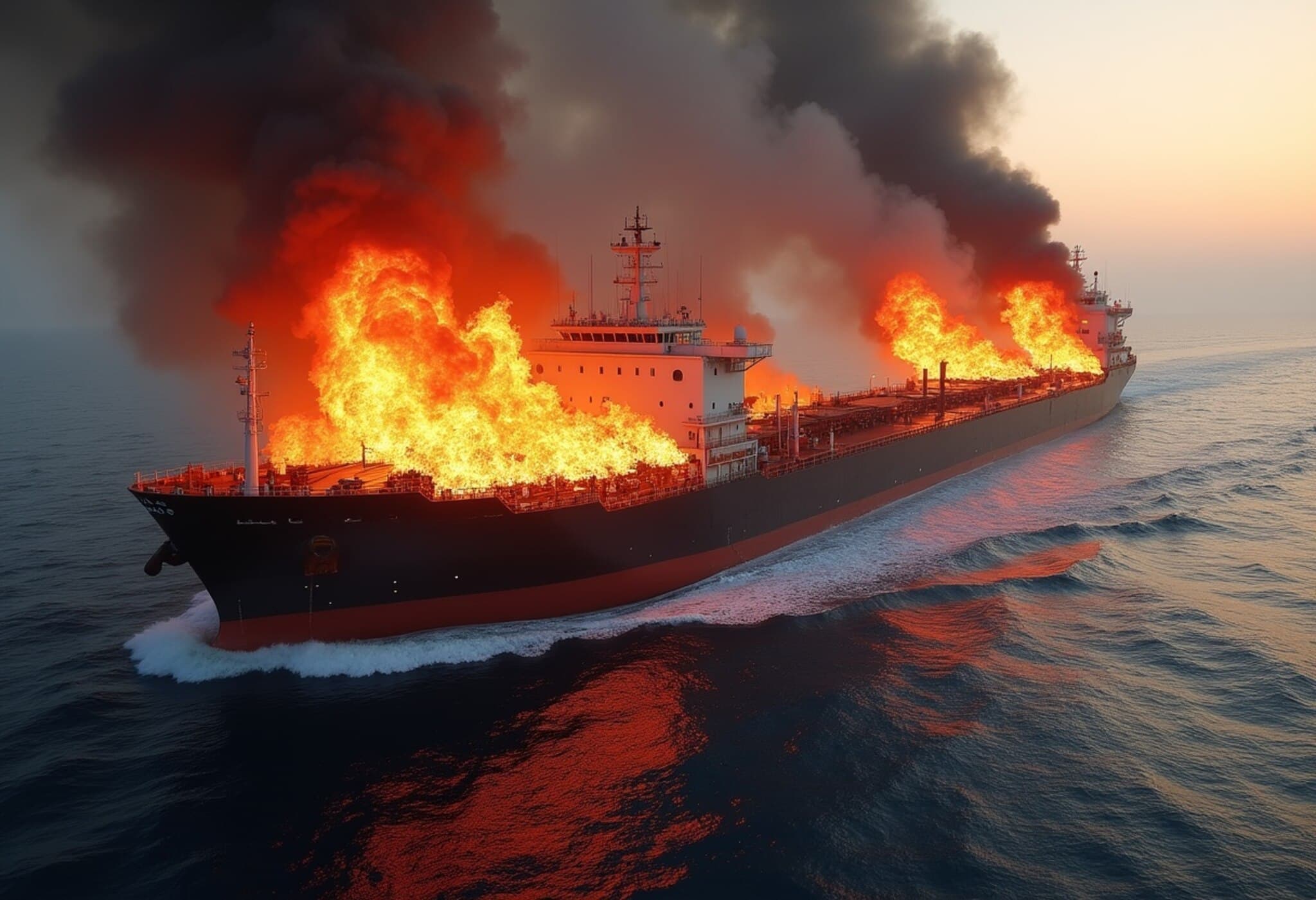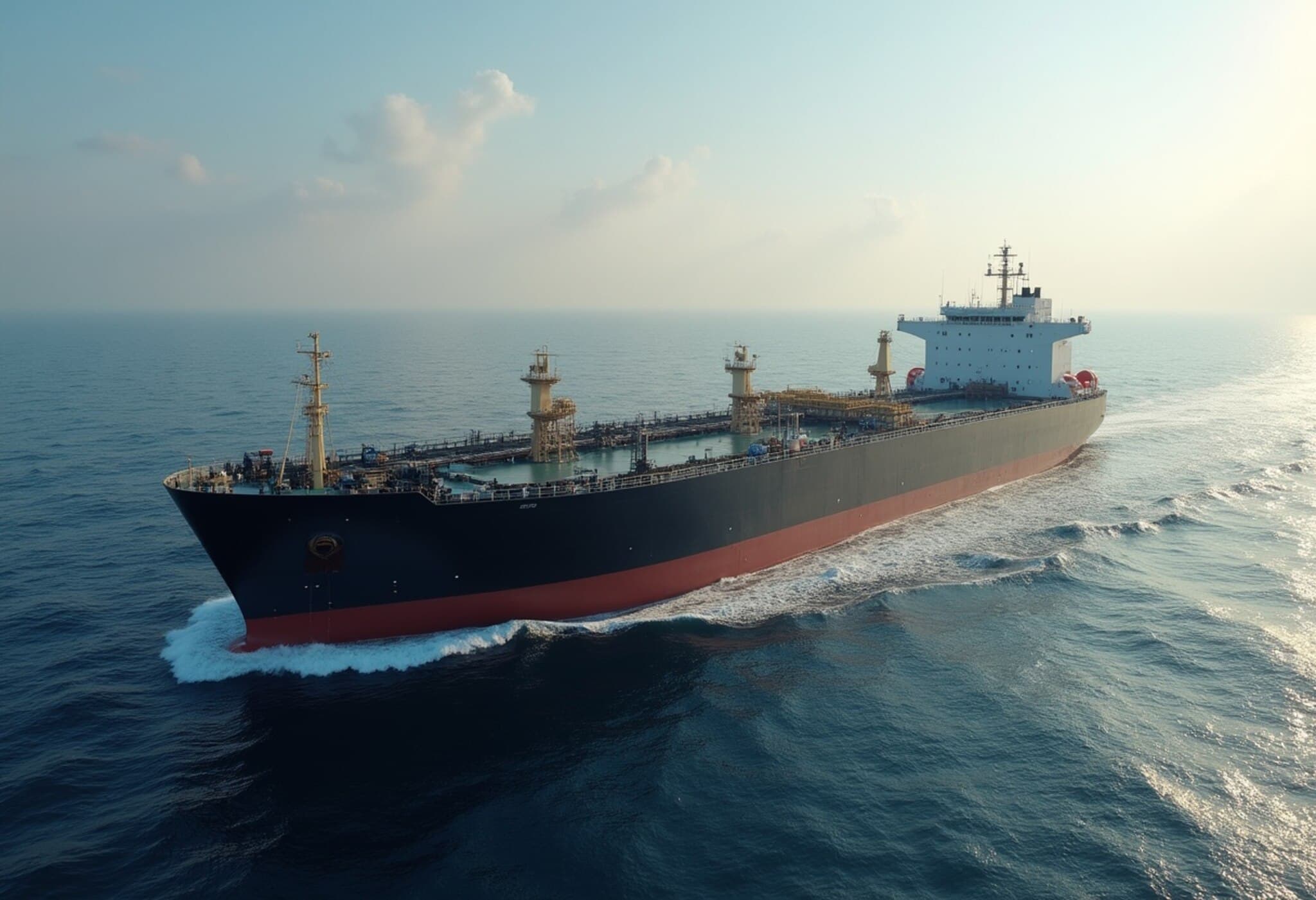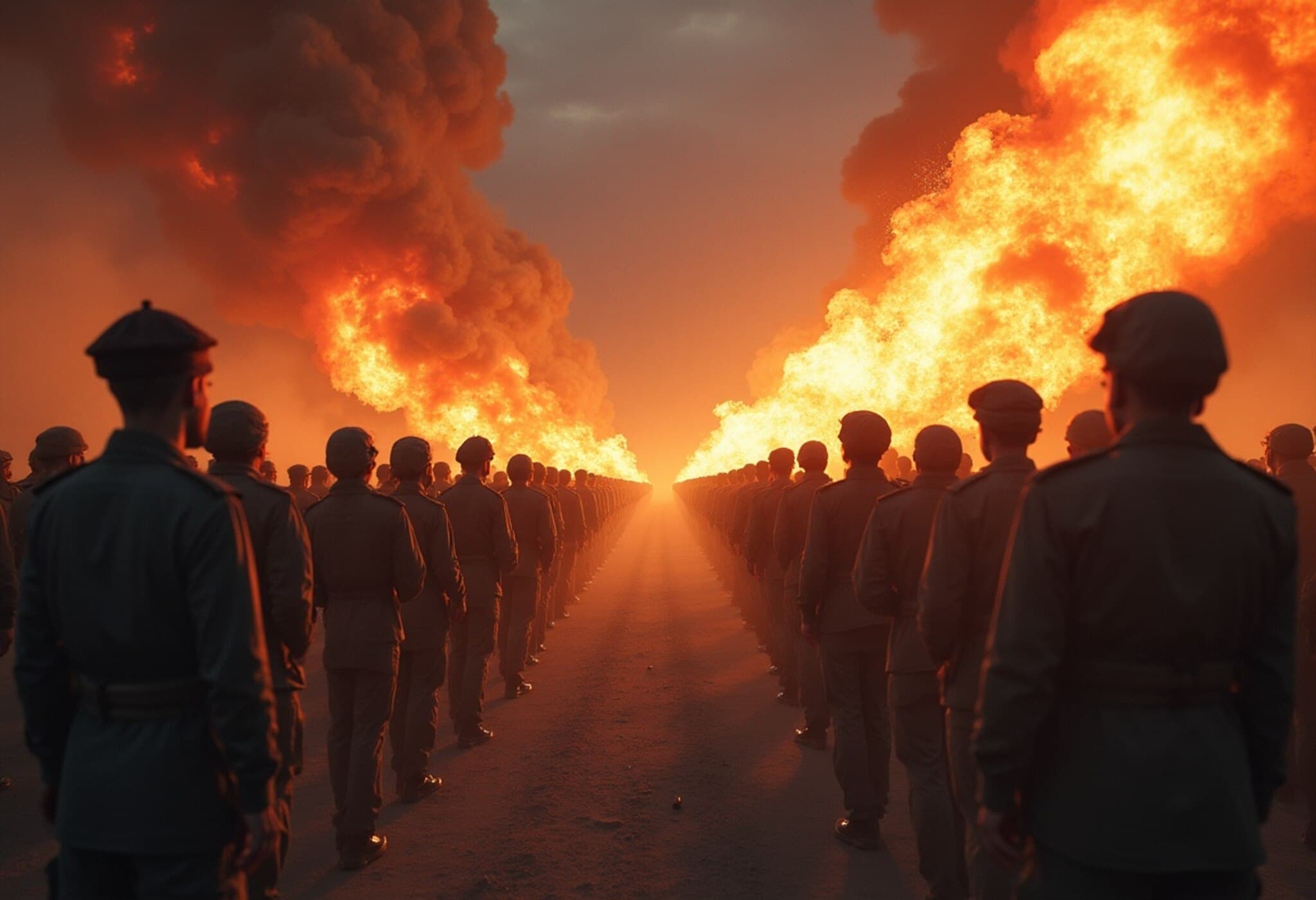US Seeks China's Influence to Avert Strait of Hormuz Crisis
In the wake of recent US military actions targeting Iran’s nuclear facilities, the United States has turned to China, a key regional ally of Iran, to help prevent Tehran from shutting down the Strait of Hormuz—a vital artery for global oil shipments.
Diplomatic Plea Amid Rising Tensions
US Secretary of State Marco Rubio recently urged China to leverage its close ties with Iran to dissuade it from closing the Strait. Speaking in an interview, Rubio emphasized China’s heavy reliance on the strait for oil imports, highlighting the precarious position Beijing is in should the waterway be blocked.
"I encourage the Chinese government in Beijing to call them about that because they heavily depend on the Straits of Hormuz for their oil," Rubio said.
China stands as one of Iran’s largest oil customers, fostering strong economic and political relations with the Islamic Republic. This connection puts China in a unique position to influence Iran’s decision-making as regional tensions escalate.
Iran’s Threats and Parliamentary Support for Closure
Hours after US strikes on Iran’s nuclear sites, Iran’s Foreign Minister warned that the country "reserves all options to defend its sovereignty." Furthermore, reports emerged that the Iranian parliament showed support for closing the Strait, a move that would dramatically disrupt global oil flows.
Despite this, the ultimate power to close the passage is held by Iran’s national security council, which will weigh the serious implications of such a decision.
Why Closing the Strait Would Spell Disaster
The Strait of Hormuz is one of the world’s most strategic chokepoints, with about 20 million barrels per day of crude oil passing through—nearly 20% of global demand.
An Iranian decision to block this narrow waterway would send shockwaves through global markets, pushing oil prices potentially above $100 per barrel and triggering widespread economic fallout.
However, many analysts, including those at JPMorgan, consider such a move unlikely, viewing it as tantamount to a declaration of war. Rubio himself described closing the Strait as “economic suicide” for Iran, given the country’s heavy dependence on the passage to export crude, especially to China.
Iran’s Oil Production and Trade Ties
- Third-largest oil producer in OPEC, pumping approximately 3.3 million barrels per day.
- Exported nearly 1.84 million barrels per day last month, mostly to China.
- China relies on the Persian Gulf for about half of its maritime crude imports.
Matt Smith, a lead oil analyst, pointed out, “Closing the Strait would be a self-inflicted wound for Iran—cutting off its own revenue stream from crude exports.”
US Prepared for Any Escalation
The US Fifth Fleet, stationed in Bahrain and tasked with safeguarding commerce through the Persian Gulf, stands ready to counter any Iranian efforts to block the Strait.
Rubio warned of the broader fallout: "It would hurt other countries’ economies a lot worse than ours. Such a blockade would be a massive escalation requiring a strong international response." The US maintains multiple options to respond swiftly should Iran opt for further aggressive moves.

